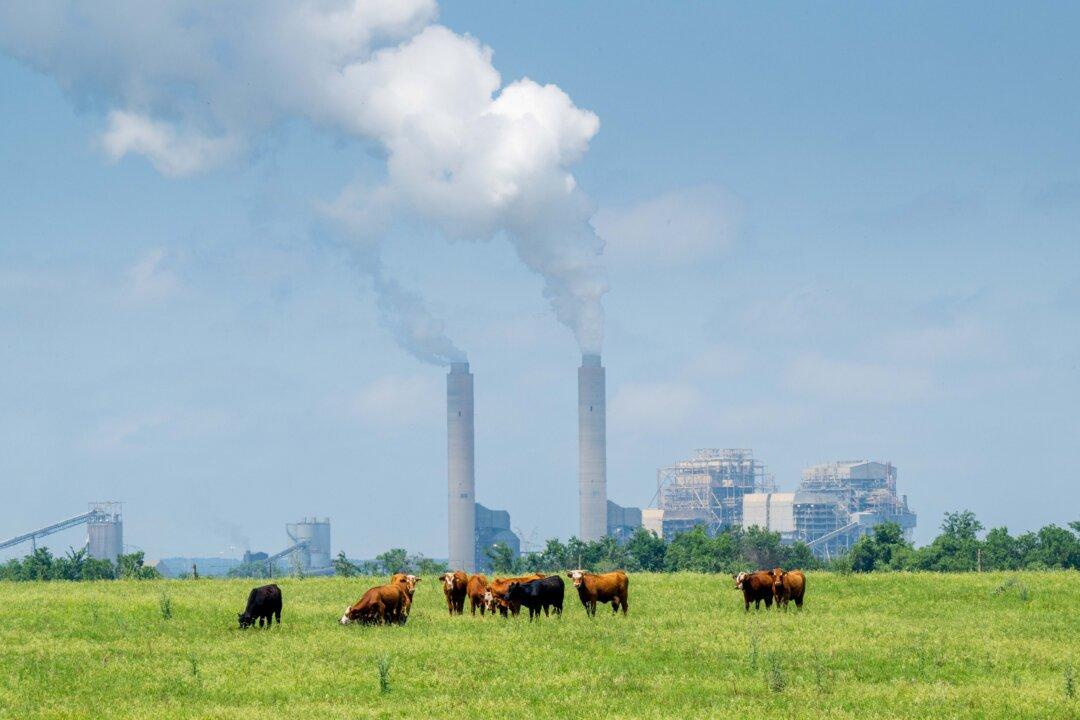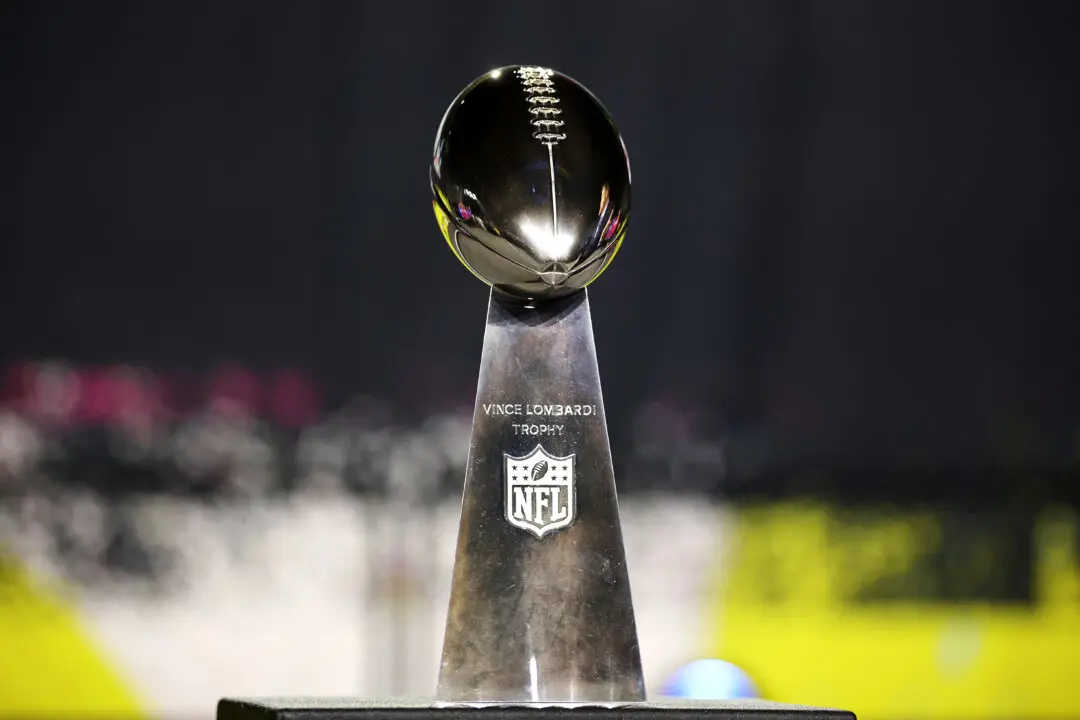Commentary
Harvard College, the undergraduate component of Harvard University, has a really big problem. It’s the kind of problem that most of the other colleges and universities in the country would love to have: The brightest, most talented, and most accomplished high schoolers in the country (not to mention students from foreign lands) are knocking themselves out trying to gain admission there.





